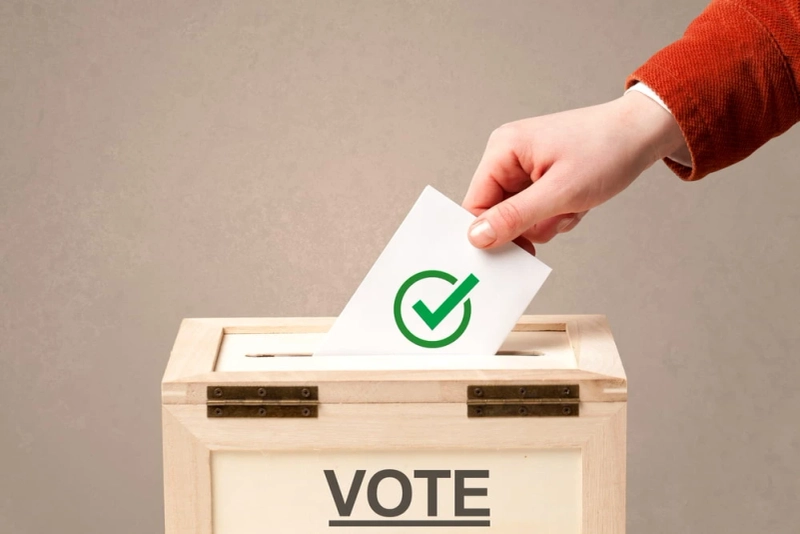In recent years, the idea of "One Nation One Election" has gained prominence as a potential electoral reform in democratic countries like India. The concept proposes to synchronize the schedules of all elections, from local to national levels, so that citizens vote in all elections simultaneously. While this idea presents several advantages, it also raises significant concerns.
On the positive side, synchronizing elections can potentially save a substantial amount of time, money, and resources. With elections happening at different times, campaigns are often ongoing, which can lead to a perpetual election mode that diverts attention from governance. A single election day would reduce campaign expenditures and the burden on the election commission. Furthermore, it is argued that One Nation One Election can lead to political stability by allowing elected officials to focus on governance rather than constantly campaigning.
However, there are several cons associated with this proposal. First and foremost is the potential dilution of local issues. In a vast and diverse nation like India, local issues often differ significantly from national concerns. Synchronizing elections might lead to a homogenization of political discourse, neglecting local problems. Moreover, implementing such a system would require a constitutional amendment, which can be a complex and contentious process, potentially jeopardizing the federal structure of the country.
Another concern revolves around the logistics of conducting a massive nationwide election simultaneously. India's infrastructure, security, and administrative capabilities may pose challenges. Ensuring a fair and secure electoral process on such a scale could be a daunting task. Additionally, frequent elections can serve as a check on the government's performance. Synchronizing elections might weaken this accountability mechanism, as voters won't have the opportunity to express their displeasure with the ruling party as often.
In conclusion, the idea of One Nation One Election is a complex and contentious proposal with both advantages and disadvantages. While it could streamline the election process, reduce costs, and potentially lead to better governance, it also raises concerns about dilution of local issues, logistical challenges, and the potential erosion of the checks and balances provided by frequent elections. Ultimately, the decision to adopt such a system should be made after careful consideration of its implications and in the best interests of the nation's democratic principles and the needs of its diverse population.


